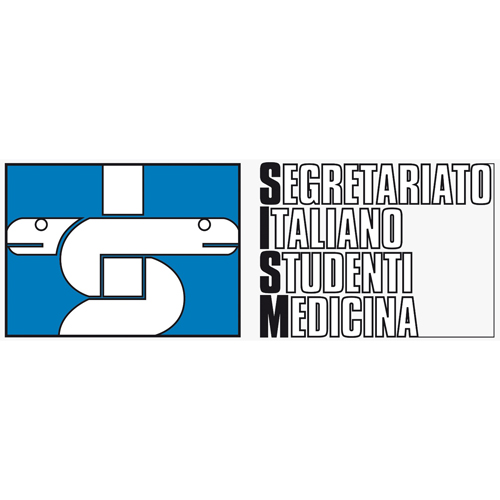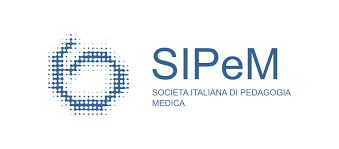
by Valeria Confalonieri | May 22, 2020
Too often the study of medical students is limited to a passive and mnemonic learning of a multitude of knowledges that do not find practical applications or are not used in problem solving. In doing so, these knowledges are likely to become a purely theoretical...

by cristiano | Oct 17, 2018
Using only knowledge tests for the selection of medical students introduces distortions based on socioeconomic and geographical factors, that in the long run could affect the equity of care. Furthermore this kind of tests, linked exclusively to the bio-medical model,...

by cristiano | Oct 17, 2018
Teaching based on “see one, do one, teach one” is still widely adopted, despite that several studies have shown its limits in validity and most of all in patient safety, when compared with available metods of simulation. The ethical imperative is therefore “never for...

by cristiano | Oct 17, 2018
Human relationship is essential in medical care: to exclude from the process of education the relationship between the different actors of the process of care and the natural context where it occurs, fails to prepare learners to cope with the challenges of...

by cristiano | Oct 17, 2018
Despite the availability of a large literature on its unreliability, non-structured oral exams are still widely used in Italian courses, often as the only time of personal interaction with the teacher, even for assessment of practical skills, for which, any cognitive...








Recent Comments